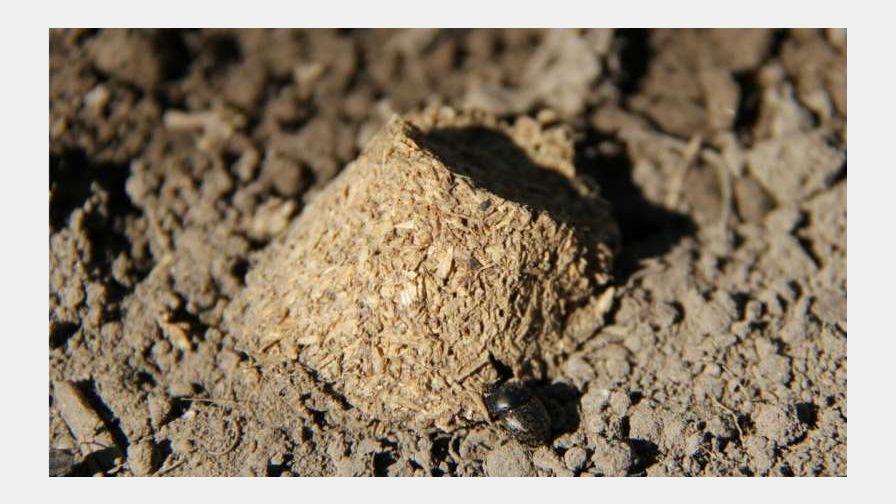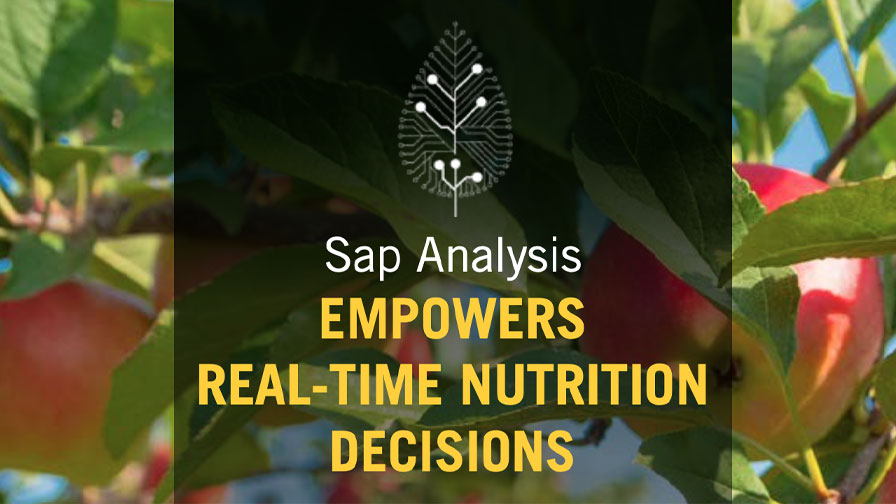Food Safety Stronger in Production Fields with Natural Habitats

Less diverse farms attracted non native dung beetles (Onthophagus nuchicornis) rather than wide array of natives. Dung beetles removed the presence of E. coli significantly. Photo by Matthew Jones.
Food safety regulations increasingly pressure growers to remove hedgerows, ponds, and other natural habitats from farms to keep out pathogen-carrying wildlife and livestock. Yet, these measures may be counterproductive, a new study says.
How the Study Worked
Matthew Jones, an entomologist working toward his PhD, studied how pig dung broke down in fields. Jones drove a van full of pig feces along the U.S. West Coast to follow the planting of broccoli at 70 farm fields during the growing season. Broccoli, much like leafy greens, is susceptible to fecal contamination due to its proximity to the ground and the likelihood of humans consuming it without cooking.
The 70 farms included conventional and organic farms, and farms with or without livestock.
Jones measured how quickly dung beetles clean up. Dung beetles bury feces below ground and make it difficult for pathogens to survive.
The organic farms attracted a diverse range of dung beetle species, effective at keeping foodborne pathogens at bay. In conventional fields or those surrounded by pastureland, a less effective and accidentally introduced species (Onthophagus nuchicornis) outweighed the number of native dung beetles.
“We found that organic farms generally fostered dung beetle species that removed the feces more rapidly than was seen on conventional farms,” says Professor William Snyder of Washington State University.
Snyder mentioned the study results during his talk, “Smart Ways to Attract Natural Predators to Organic Operations,” at Biocontrols Conference USA West on March 15.
Dung Beetles Reduced E. coli Significantly
Jones and his research team exposed the three most common dung beetle species found in the field survey to pig feces contaminated with E. coli. A 7-day laboratory experiment revealed that Onthophagus taurus and Onthophagus nuchicornis, both of which bury feces as part of their breeding behavior, reduced E. coli numbers by more than 90% and 50%, respectively.
They also found that organic farming encouraged higher biodiversity among soil bacteria, which decreased the survival of pathogens.
“Bacteria are known to poison and otherwise fight among themselves and the same may be happening here”, said Snyder.
These results suggest dung beetles and soil bacteria may improve the natural suppression of human pathogens on farms. Jones says this makes a case for reduced insecticide use and the promotion of greater plant and insect diversity.
“Wildlife and livestock are often seen as something that endanger food safety, but our research shows that reducing on-farm biodiversity might be totally counterproductive,” Jones concluded.









